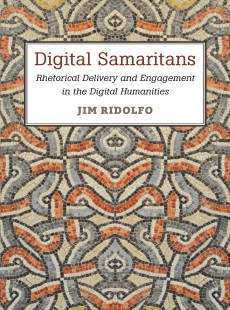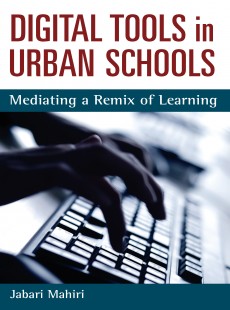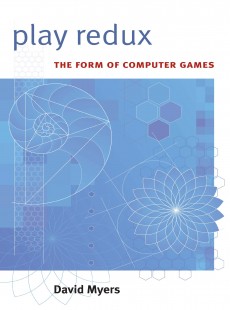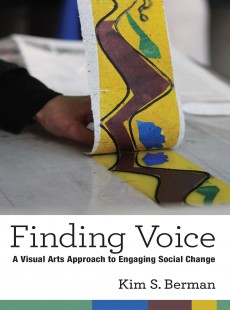
Digital Samaritans
Rhetorical Delivery and Engagement in the Digital Humanities
Jim Ridolfo
 Publisher: University of Michigan Press
Publisher: University of Michigan Press
Imprint: University of Michigan Press
Published: 01/2015
Pages: 184
Subject: Religion - General
Print ISBN: 9780472052806
eBook ISBN: 9780472900077
DESCRIPTION
How does the circulation of Samaritan manuscripts, especially in digital environments, relate to their rhetorical circumstances and future goals and objectives to communicate their unique cultural history and religious identity to their neighbors and the world? Digital Samaritans takes up these questions and more as it presents a case for collaboration and engaged scholarship situated at the intersection of rhetorical studies and the digital humanities.
REVIEWS
—Gail Hawisher, University of Illinois, Urbana-Champaign
RELATED TITLES













